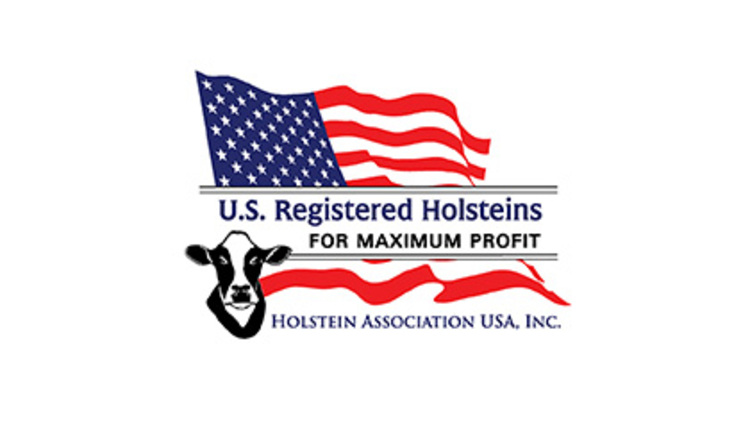The information below has been supplied by dairy marketers and other industry organizations. It has not been edited, verified or endorsed by Hoard’s Dairyman.

Minnesota Milk is responding to a solicitation for comments by the Minnesota Pollution Control Association (MPCA) by encouraging farmers to evaluate and comment on the 2021-2026 General National Pollutant Discharge Elimination System (NPDES) proposal. The comments are due Thursday, July 23, at 4:30 p.m.
“We have several questions and concerns with the permit, but we ask farmers to take a look for themselves,” said Lucas Sjostrom, Minnesota Milk executive director. “While these are requirements for anyone with 1,000 animal units today, which could be a farm with as few as 477 cows, plus another 477 heifers, we worry about both the ability for farmers to physically comply in Minnesota’s climate and whether the requirements are actually good for the environment.”
NPDES permits are required for farms that meet several federal requirements for construction or expansion and regulate the management of manure, unless farms chose to apply for similar State Disposal System (SDS) permits.
“Our state is holding these up as Best Management Practices without evidence or data to support them as such,” Sjostrom continued. “We could see these now mandated Best Management Practices being adopted in other programs and municipalities without the proper scientific vetting on smaller operations.”
In Minnesota Milk’s public comments, the organization takes issue with the prohibition of manure disposal on days that might be ideal, the requirements of cover crops in September when outcomes and practicality are unknown and adding requirements in October that might not be possible depending on the weather. In addition to alleviating these issues, Minnesota Milk suggests adding direct injection as a Best Management Practice, ensuring Minnesota Ag Water Quality Certification Program enrollees are exempt from additional requirements and allowing manure storage capacity beyond 14 months.
“We worry that some of the intentions will backfire,” explained Garrett Luthens, Minnesota Milk policy committee chair. “For example, banning solid spreading in certain months could actually result in an additional nutrient load in those months nearby. Farmers and researchers need more time to evaluate if and how the newest practices, like cover crops, are beneficial beyond the application of manure alone. We shouldn’t forget how valuable manure is to soil health and erosion reduction, as MPCA’s own literature review found.”
To read the proposal and for instructions on how to comment, visit https://www.mnmilk.org/npdes-comments-needed/.


